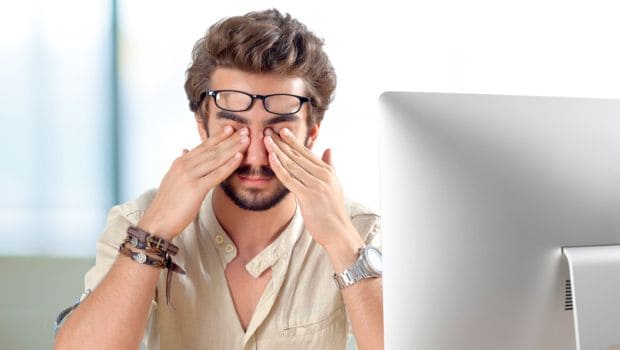There has to be a balance to everything. While working from home may seem like the best way to be more constructive, you may also lose track of time, putting in more work hours that could lead to stress in the long time. Besides it often results in "the encroachment of work into spaces and times normally reserved for personal life."
The joint study by ILO and Eurofund tried to explore the impacts of working out of office, with technological advances that are revolutionising conceptions of the workplace. The report was based on data taken from 15 countries (10 European Union countries, as well as Argentina, Brazil, India, Japan and the United States) drawing distinctions between employees who regularly work at home, the mobile lot working in different locations and those who split time between an office and another site.

It was found that while laptops, smart phones and other devices are making work life more convenient, but in all three of those groups of employees they reported higher levels of stress and insomnia. This was because they we working extended hours.
"In India, survey results indicate that a higher proportion of TICTM workers work long hours (defined as more than 48 hours per week) than office-based workers (66% compared to 59%)," it said. Highly mobile workers are more at risk of negative health and well-being outcomes.
ILO urged governments to develop policies for governing evolutions in workspace, calling attention to a new French labour code provision that enshrines "the right to be disconnected" and a growing practice among some companies to shut down servers to stop emails during designated rest times and holidays.
The report recommends promoting formal part-time teleworking so that people working from home can maintain ties with co-workers and improve well-being.Inputs from PTI






